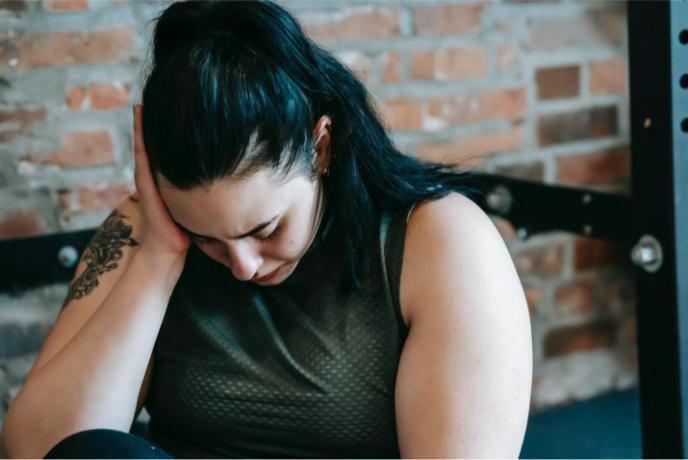Simple, Effective Tips for Reducing Anxiety
Anxiety can be a good thing, such as when it helps you stay alert and motivated to solve problems. But excessive anxiety, especially the kind that leads to anxiety attacks, can have a profound, negative impact on your life. If you’ve been struggling with anxiety attacks, it’s essential to address the problem and take steps to prevent them in the future. Psych Ed Workshops has listed some proven tips to get you started:
Assess your career.
One of the most common culprits for chronic anxiety and anxiety attacks is the workplace. It could be a toxic work environment. It could be having too many responsibilities at all times. Or it could be the work content itself. Whatever the reason, if your job is causing anxiety in your life, consider changing things up.
If you’re thinking about exploring a new industry or field altogether, you might benefit from pursuing a degree. These days, you can get an online degree in almost any field, which gives you more flexibility and allows you to work at your own pace. For example, if you have a passion for healthcare, a degree in nursing, healthcare management, or health services
coordination could be an ideal fit.
Eat healthier foods.
Physical health can play a major role in mental health issues like anxiety. Evaluate your diet, and make sure you’re eating a healthy, balanced diet. Barring any allergies, go-to health foods include lean meats, vegetables, fruits, fatty fish, nuts, and seeds. Even replacing one meal a day with a healthier alternative can make a big difference.
Drink less caffeine.
While you are giving your diet some attention, consider the beverages you drink on a daily basis. Caffeine tends to exacerbate anxiety, so try to limit your consumption of coffee, soda, and other caffeinated drinks.
Yerba mate and cacao espresso are a couple of healthy coffee alternatives that can give you a boost in energy. Also, be mindful of your sugar intake, and drink sugary beverages in moderation (if at all).
Sleep for at least seven hours.
We don’t give our bodies and minds a chance to thrive when we don’t get the sleep we need. Adults need seven to nine hours of sleep to achieve peak concentration , productivity, and overall well-being. Sleep deprivation has also been linked to chronic stress, anxiety, and depression. Figure out a nighttime routine that helps you relax, and go to bed at the same time each night.
Move your body every day.
Regular exercise also has a way of alleviating anxiety and other mental health issues. If you want to prevent anxiety attacks, sticking to a consistent fitness routine will go a long way. Any physical activity is good as long as it gets your blood pumping. Find an activity that you enjoy (e.g., running , HIIT, cycling, etc), and try to do it for at least 20 minutes each day.
Get support.
Getting emotional support from friends, family members, and mental health professionals is critical when you deal with regular anxiety attacks. And with more people self-isolating, anxiety is even a bigger problem than it was before. If you must limit your in-person interaction with loved ones and others, then at least stay connected through technology. Video chats, text messages, and phone calls could prove to be your saving grace when you’re down!
If left unresolved, excessive anxiety can significantly lower your quality of life and even debilitate you. Preventing that from happening starts with making meaningful lifestyle changes. Remember to evaluate your career, adjust your diet, exercise regularly, and surround yourself with support. If none of these tips help to bring your anxiety under control, seek professional help as soon as you can.
Would you like to read more helpful content or learn about the workshops we provided for psychologists, counselors, social workers, and educators? Visit PsychEdWorkshops.com today!
Written by Sophie Letts of Meditation Help
